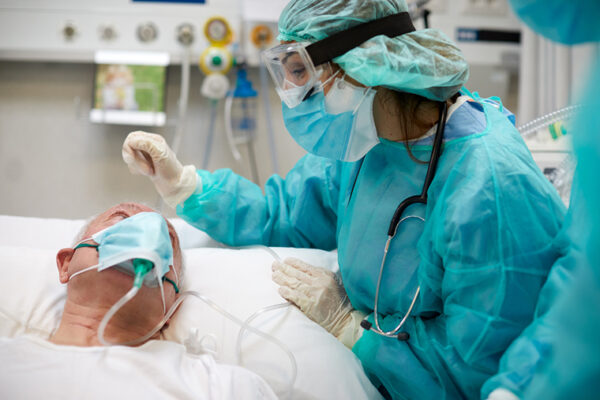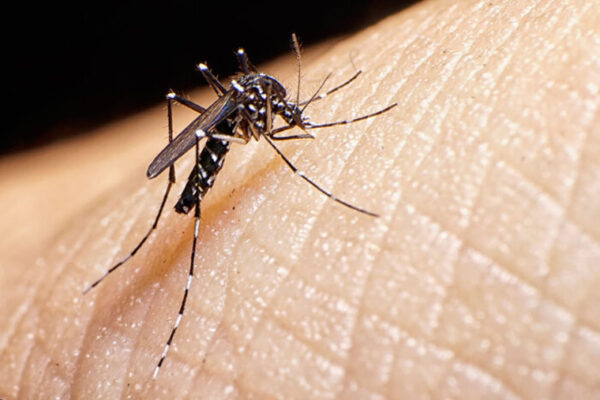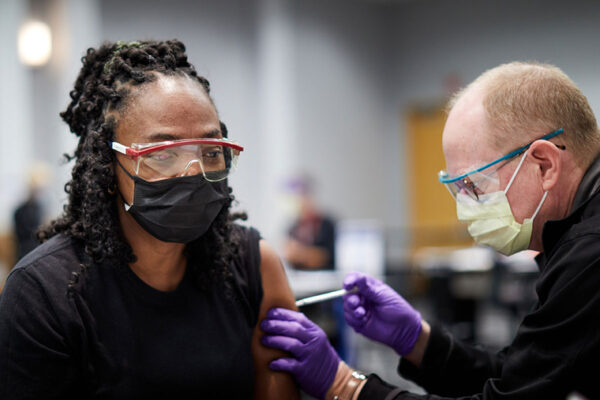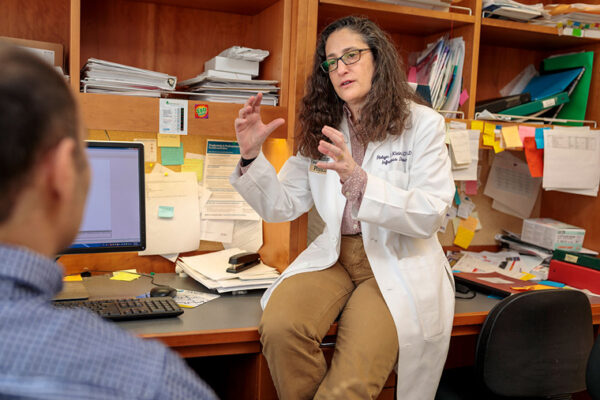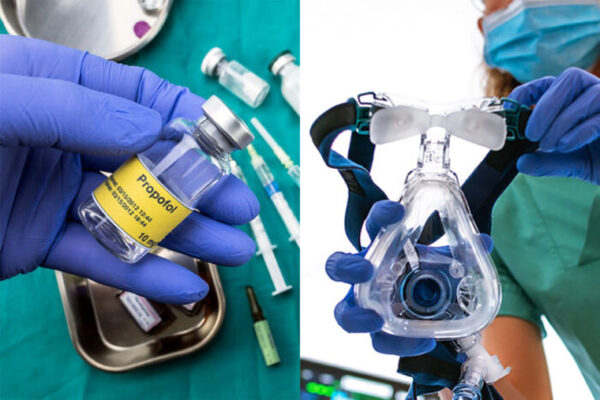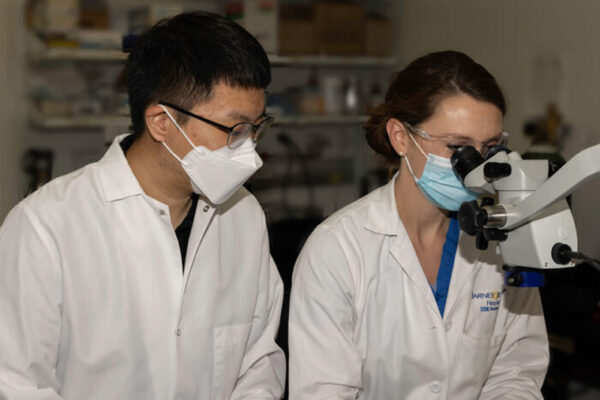$6.2 million grant to fund Center for Perioperative Mental Health
Clinicians and researchers at the School of Medicine have received a four-year $6.2 million grant to launch a center designed to help improve mental health in surgery patients, particularly older surgery patients.
Antibodies block specific viruses that cause arthritis, brain infections
Researchers at Washington University School of Medicine have found antibodies that protect against specific mosquito-borne viruses that cause arthritis and brain infections. The findings could lead to a universal therapy or vaccine for the viruses.
Physical activity associated with better cognition in breast cancer patients
There is a strong association between high levels of physical activity and the ability to maintain cognitive function among breast cancer patients treated with chemotherapy, according to new research from Washington University School of Medicine.
Antibodies elicited by COVID-19 vaccination effective against delta variant
School of Medicine researchers have found that the delta variant of the virus that causes COVID-19 is largely unable to evade antibodies elicited by vaccination. The findings help explain why vaccinated people have been at low risk of getting seriously ill with COVID-19.
Memory disorders after viral infections focus of $8.7 million grant
The School of Medicine’s Robyn Klein, MD, PhD, has received an $8.7 million grant from the National Institutes of Health (NIH) to investigate how viruses may cause diseases of “pathological forgetting.”
Research to explore how genes, other factors affect cardiometabolic disease risk
With an $8.8 million grant from the National Institutes of Health (NIH), researchers at Washington University School of Medicine will study how an individual’s risks of cardiometabolic diseases are influenced by the interaction of specific genes with demographic and lifestyle factors.
$33 million to support study comparing anesthetic medications
Funded by a $33 million grant, a new study led by School of Medicine and University of Michigan researchers will compare intravenous propofol to inhaled anesthetic drugs to determine which of the common anesthetic drugs offers better patient recovery experiences and improved clinical outcomes.
How people prefer to receive life-changing news, good or bad
According to a study co-authored by a Washington University researcher, behavioral patterns can be predicted by understanding information-seeking and information-aversion behaviors.
‘Good cholesterol’ may protect liver
A new study from the School of Medicine shows that a type of “good cholesterol” called HDL3, when produced in the intestine, protects the liver from inflammation and injury.
Dining Services receives Horton Dining Award
Washington University Dining Services received a gold 2020 Loyal E. Horton Dining Award from the National Association of College & University Food Services.
View More Stories
